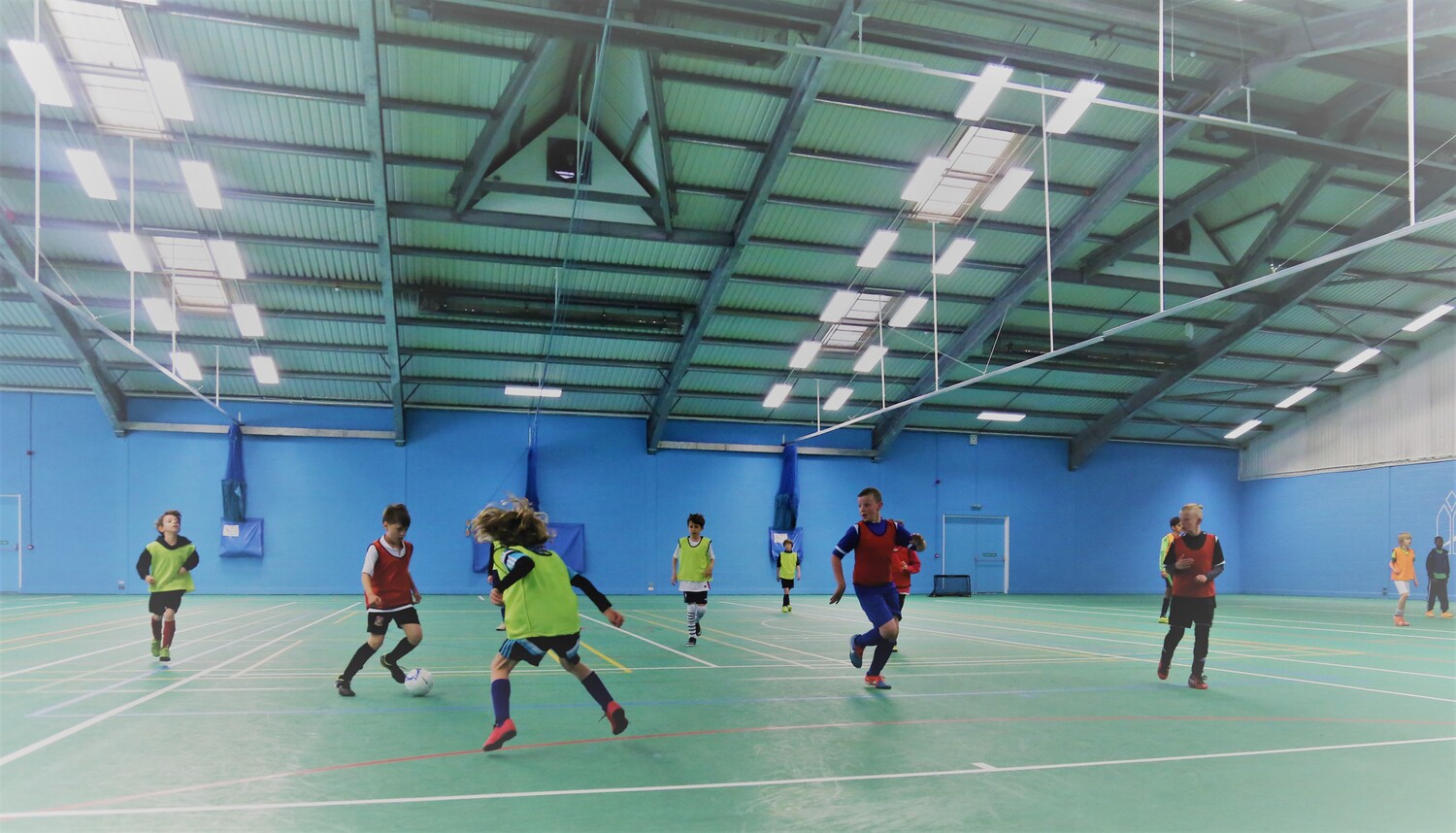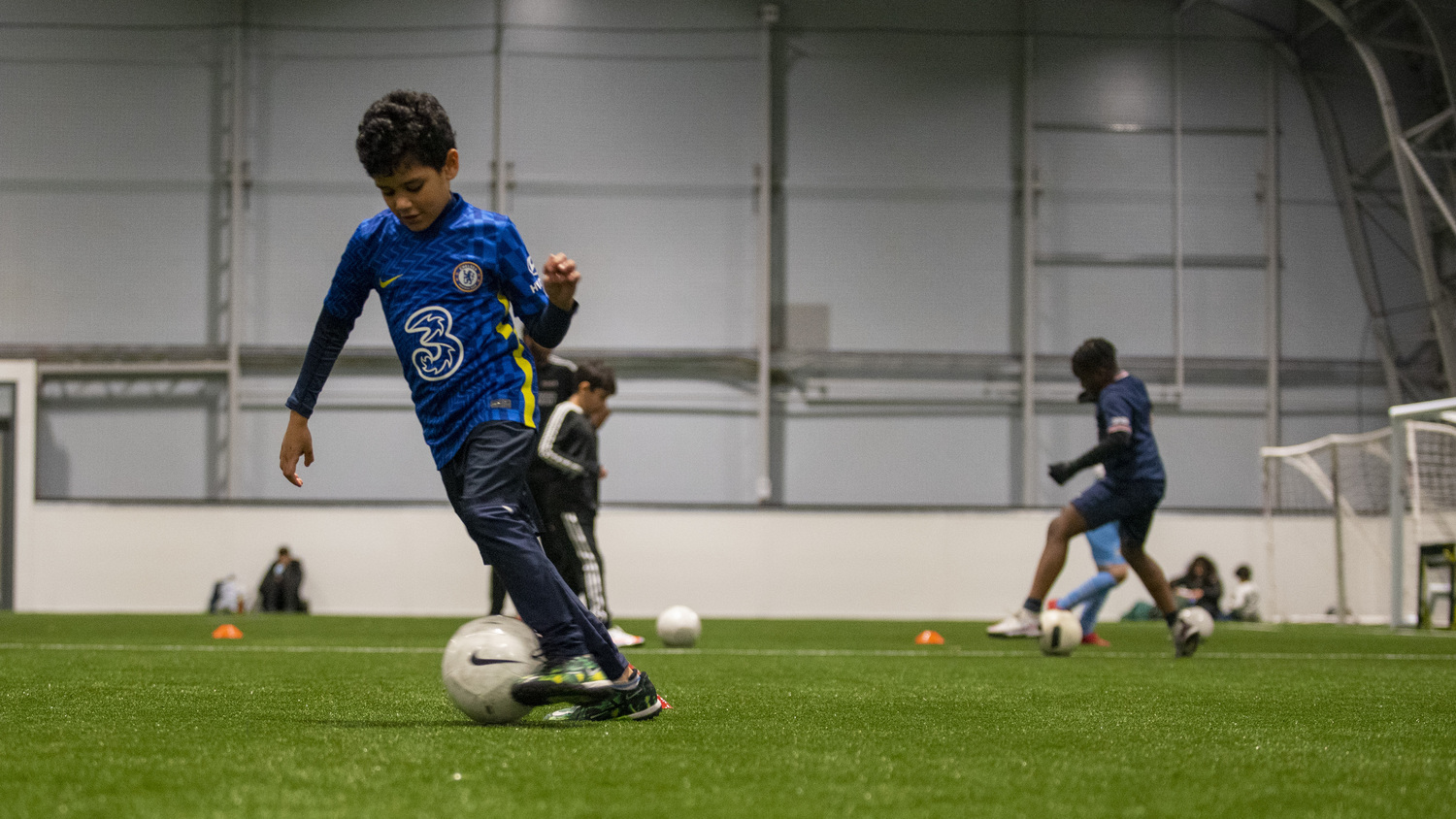

In Australia, youth sport is woven into local communities—from neighborhood clubs to school tournaments. Soccer, Aussie Rules, rugby, and OzTag remain crowd favorites, giving kids diverse options for skill development, social bonding, and healthy routines. Many families choose a seasonal approach, allowing children to sample different sports throughout the year. This keeps play fresh and exposes kids to multiple movement patterns and team dynamics.
Each season comes with its own rhythm: summer camps and clinics, winter matches under lights, and weekend tournaments across suburban pitches. Volunteers bring the whole ecosystem to life—refereeing, organizing drills, and even running a sausage sizzle at the local park. And in the middle of it all, children grow—physically, emotionally, and socially.
Soccer sits at the top of Australia’s youth sport list, and for good reason. It’s easy to start—all that’s needed is a ball, some space, and friends. At We Make Footballers, children from age four experience the joy of movement through engaging, age-appropriate training. The philosophy is simple but powerful: Practice Makes Permanent. This consistent repetition, delivered through games and small-sided drills, builds confidence and coordination early.
Sessions are designed to be inclusive, with a maximum of ten children per coach, ensuring every player gets attention. Whether it’s learning to dribble, score, or support teammates, players develop both physical and social skills. It’s not about being the best—it’s about growing through play. Drills often include light competitions to foster focus and motivation without pressure. The result? Kids leave with improved skills, stronger friendships, and a deeper love for staying active.
Aussie Rules holds a unique space in Australian culture, blending aerobic intensity with skillful movement. Local programs for early learners often begin with Auskick, using soft balls and tailored drills that focus on safe handballing, kicking, and catching. The oval-shaped field introduces concepts like spatial awareness and game flow in a way that boosts both body and brain.
For younger players, activities like high-mark attempts and sprinting between zones help sharpen reflexes and build agility. Coaches emphasize teamwork and discipline, while the game’s natural pace promotes cardiovascular endurance. The multi-directional movement and quick transitions also support balance and postural control, making Aussie Rules a great full-body workout disguised as fun.

Rugby in its various forms remains a staple of youth sport across Australia. Whether Union or League, modified junior formats introduce contact in graduated stages. These versions focus on learning correct technique, instilling respect for opponents, and reinforcing the value of safety. From basic tackling to support play, rugby teaches mental toughness and body control.
Children learn how to handle pressure, get back up after a knock, and support each other through fast-paced action. Coaches follow strict safety protocols, often using tag-based versions before full-contact levels. This ensures that physical development progresses in line with maturity, reducing injury risk and helping build resilience and grit.
For families who prefer non-contact games, OzTag provides a dynamic blend of chase, strategy, and agility. Players wear belts with removable tags, making this sport fast, tactical, and fun—without the bruises. OzTag is particularly popular in school programs and inter-club carnivals thanks to its simplicity and inclusiveness. It’s an ideal bridge between contact and non-contact codes.
Children practice evasive movement, reaction timing, and decision-making under light pressure. Because there’s no tackling, more children feel confident joining in, and coaches can emphasize agility, positioning, and creative play. It’s often a favorite for those who also enjoy netball or soccer and want a mid-week activity that builds endurance and team spirit without intense physical strain.
All sports, when guided well, contribute to social development. At We Make Footballers, coaches create an environment where children feel supported, not judged. This leads to strong bonds within teams—built through warm-ups, post-session chats, and simple acts like applauding a teammate. Programs are built on anti-bullying principles and emotional encouragement, which promotes trust and inclusivity.
Children benefit in the following ways:
These soft skills have long-term value in academic and social settings, helping children regulate emotions, resolve conflicts, and show respect for diversity. Safe sport spaces also offer a healthy buffer against screen time and social pressure.
Even with the best programs, it’s important for parents to tune in. If your child shows reluctance or fatigue, it may be time to reassess schedules or speak with coaches. Encourage open dialogue and respect their feedback—even a simple "I need a break" is valid. At We Make Footballers, we recommend keeping training playful and balanced. Consistency matters, but joy is essential.
Parents should also monitor for signs of burnout or stress. Ensuring rest days, injury prevention, and clear boundaries around performance expectations helps preserve the love for sport. Every child’s experience is different—some thrive in team environments, others need one-on-one coaching to build confidence. The key is adapting to their needs while offering encouragement, not pressure.
Soccer coaching for children aged 4-12 years old in Canberra, Australia.
Woden Academy.
41 Marr St, Pearce ACT 2607, Australia
Barton Academy.
Telopea Park School, 25 New South Wales Cres, Barton ACT 2600
Gungahlin Academy.
Nicholls Synthetic, Whatmore Ct, Nicholls, ACT 2913